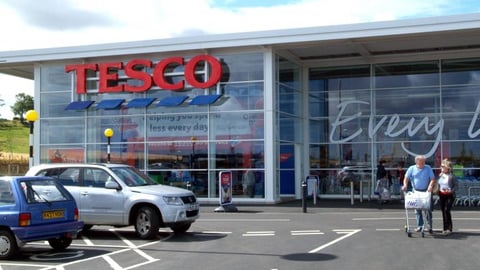Retailers losing billions to inventory shrink
The nation's retailers lost a staggering amount of money in 2016 due to shoplifting, organized crime, internal theft and other types of inventory shrink.
Inventory shrink totaled $48.9 billion in 2016, up from $45.2 billion the year before, as budget constraints left retail security budgets flat or declining, according to the annual National Retail Security Survey by the National Retail Federation and the University of Florida. The thefts amounted to 1.44% of sales, up from 1.38%.










